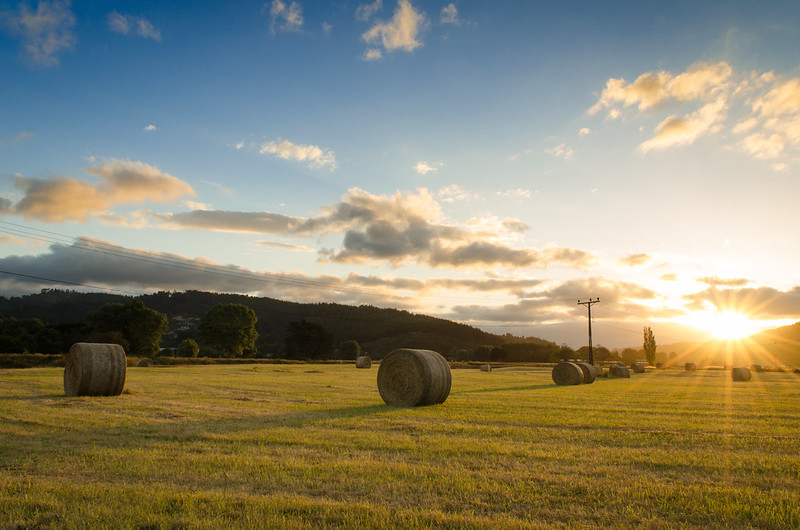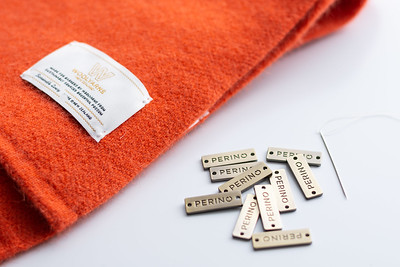Cover photo by Ella Jardim on Unsplash
Environmental impact post-Covid.
It’s no surprise that Covid-19 has rattled businesses. One industry particularly feeling the pressure during Covid-19 is the fashion industry. With several weeks of closed shops, supply chains coming to a halt and a backlog of delivery delays, is there a silver lining to all of this? Luckily, yes.
In the midst of Covid-19 lockdown, several articles went viral on the positive effects the world was gaining from reduced human activity. With fewer cars, trains and flights worldwide, this resulted in clearer skies and waters that were notable from India to Italy. But it’s not just the environment getting its big break. As life resumes to some sense of normality, a viable path to limiting environmental impact is apparent within the fashion industry. Boutique businesses. Finally, a chance for the underdogs to make their mark. People have been encouraged to support local and they are happy to in this time of need. A New Zealand campaign to help keep the economy flowing was received positively by those looking for fall fashion and other goods.

Photo by David Hill
Can boutiques beat the virus?
In fashion, there has been a shift in mass production becoming less desirable. “Fast fashion is a major contributor to greenhouse gases, water and air pollution, it creates problematic levels of waste, and often comes with poor working conditions in many countries” (BBC). In direct contrast, New Zealand has an internationally recognised and robust legal framework that covers employment relations, labour management, and health and safety in the workplace. So, it’s no wonder New Zealand’s Facebook page ‘NZ made products’ had a 46,000 influx of followers eager to support locally-made products. Creator, Sarah Colord, noted within 10 days of the Facebook page launch, the group had 119,000 members and on April 24th as New Zealand prepared for more economic movement, or what some like to call retail therapy, the number jumped to 165,000.
Entrepreneurs saw the opportunities within the local boutiques market during Covid-19, with the number of businesses opening increasing. (Stats NZ). Woolyarns too, have seen a significant increase in enquiry from small boutique fashion designers, each seeking their own point of difference in the fashion market and looking for reliable supply chain partners. Companies are now often focusing on specific products and smaller niches. For example, Lululemon, specialize solely on sustainable yoga and hiking apparel. They take on feedback specific from their customers in exchange for a discount, learning how to tailor their designs for a happy, loyal customer and products with longevity. Ethical fashion blogger, Tolly Dolly Posh, discusses the concept of buying less is more, when purchasing quality over quantity, there is longevity in natural materials. A concept Woolyarns, the spinning mill behind Perino yarns is familiar with. “Sourcing and using the best raw materials are an important part of producing high-end natural yarns” according to Jimad Khan, The Marketing Manager.
 Photo by David Hill
Photo by David Hill
Perino’s ZQ New Zealand Merino connection.
Barkers is another boutique menswear fashion company caring for customers with sustainability in mind. Barkers have introduced their ZQ Merino range and recently collaborated with Woolyarns on a Perino collection.
Giving all the warmth without the weight, ZQ New Zealand Merino wool is soft, breathable, ethically sourced and combined with sustainably sourced brushtail possum, the results speak for themselves. Being luxuriously soft with the texture of fine cashmere, this natural NZ made product is a great source for high-end boutique designers also looking to make a point of difference with their own knitwear garments and accessories. “Consumer sentiment is shifting toward, healthy for me and healthy for the world” (Nielsen). Companies are progressing to evaluate their product portfolios to understand the impact of ingredients and the level of scrutiny that consumers apply to the products they purchase.
 Photo by David Hill
Photo by David Hill
Is Perino a fit for your boutique brand?
Woolyarns are launching their latest collection of yarns in line with the northern hemisphere fashion season. This years’ yarn collection consists of 60+ colours across 14 different yarns. Each blend of yarn uses the finest cashmere, ZQ merino, brushtail possum fibre and more. It is the perfect offering for many small-medium size designers or brands as they look to make market-leading products.
